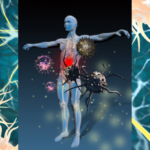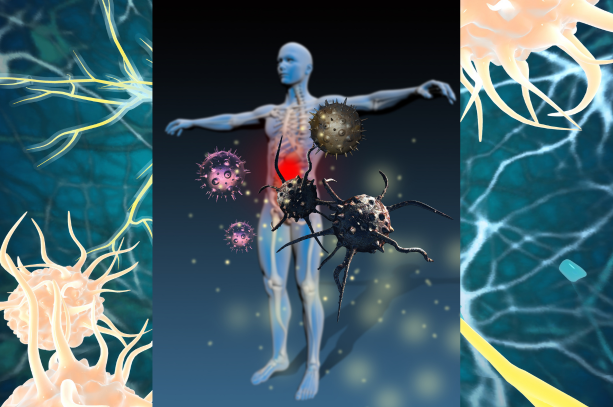Immunotherapy is one of the most promising advancements in the fight against cancer. Unlike traditional cancer treatments, which directly target the tumor, immunotherapy harnesses the body’s immune system to identify and destroy cancer cells. This innovative approach is changing how we think about cancer treatment and offers new hope to patients.
What is Immunotherapy?
Immunotherapy is a type of cancer treatment designed to boost the body’s natural defenses to fight cancer. It uses substances made by the body or in a laboratory to improve or restore immune system function. Unlike chemotherapy and radiation, which target both cancerous and healthy cells, immunotherapy focuses specifically on cancer cells, reducing damage to healthy cells and minimizing side effects.
How Does Immunotherapy Work?
The immune system is constantly surveilling the body for abnormal cells, including cancer cells. However, cancer can sometimes evade detection by the immune system. Immunotherapy works by:
- Boosting the immune response: Enhancing the ability of the immune system to recognize and attack cancer cells.
- Blocking immune checkpoints: Some cancers exploit certain proteins (immune checkpoints) to avoid being attacked by the immune system. Checkpoint inhibitors are drugs that block these proteins, allowing the immune system to target cancer cells.
- CAR T-cell therapy: This involves taking a patient’s T-cells (a type of immune cell), modifying them to recognize cancer cells, and then reintroducing them into the patient’s body to attack the cancer.
Types of Immunotherapy
There are several types of immunotherapy, each with a specific function:
- Checkpoint Inhibitors: These drugs, like pembrolizumab (Keytruda) and nivolumab (Opdivo), help the immune system recognize and attack cancer cells.
- Monoclonal Antibodies: Lab-made proteins that can bind to specific targets on cancer cells, marking them for destruction by the immune system.
- Cancer Vaccines: These vaccines stimulate the immune system to attack cancer cells. The HPV vaccine, for example, can prevent cervical cancer by protecting against the human papillomavirus.
- Cytokines: Proteins that boost the immune system’s response against cancer. Interferons and interleukins are examples of cytokines used in cancer treatment.
Success Stories and Case Studies
Immunotherapy has shown remarkable success in treating certain types of cancer, such as melanoma, non-small cell lung cancer, and some blood cancers like leukemia and lymphoma. Patients who had exhausted other treatment options have experienced significant tumor shrinkage and, in some cases, complete remission with immunotherapy.
Conclusion
Immunotherapy represents a new frontier in cancer treatment, offering hope to patients with difficult-to-treat cancers. As research continues and new immunotherapies are developed, the potential to transform cancer care grows. If you or a loved one is facing cancer, speak to your oncologist about whether immunotherapy might be a suitable option. With immunotherapy, the power to fight cancer might be within your own immune system.





